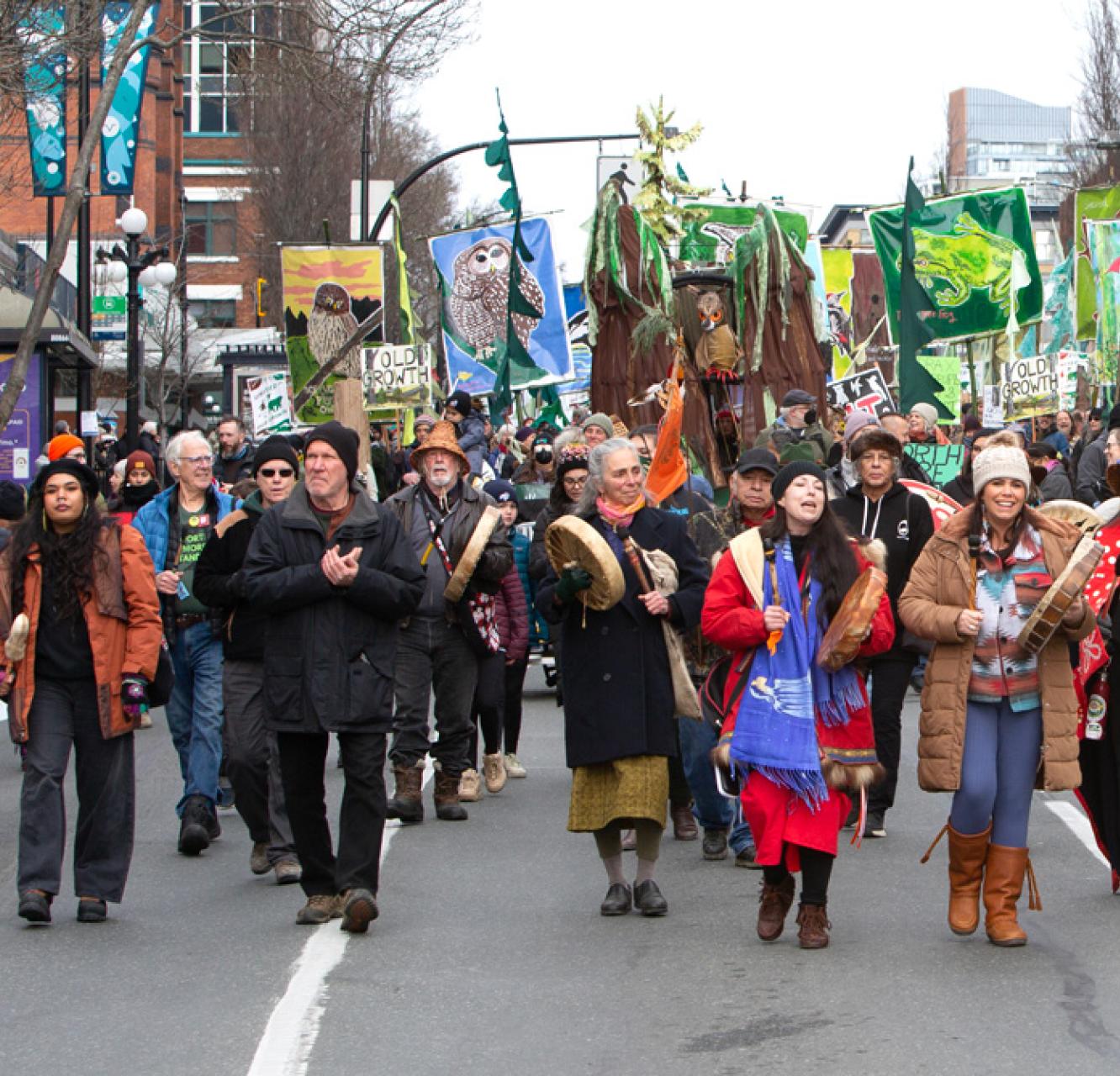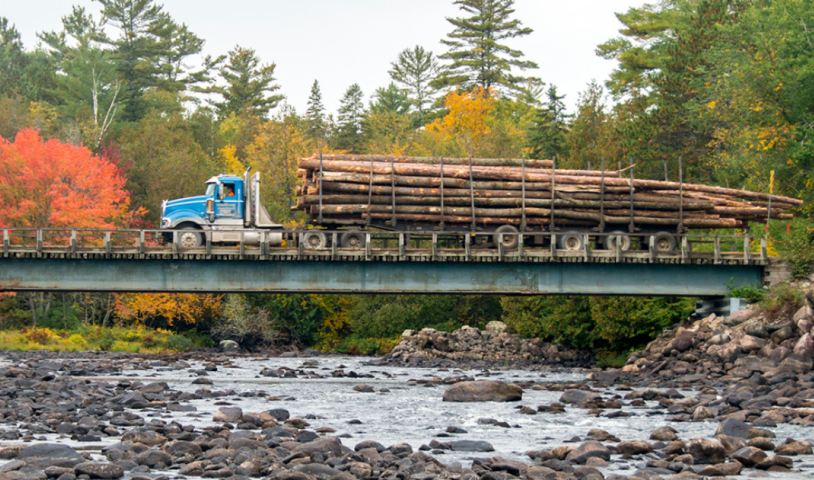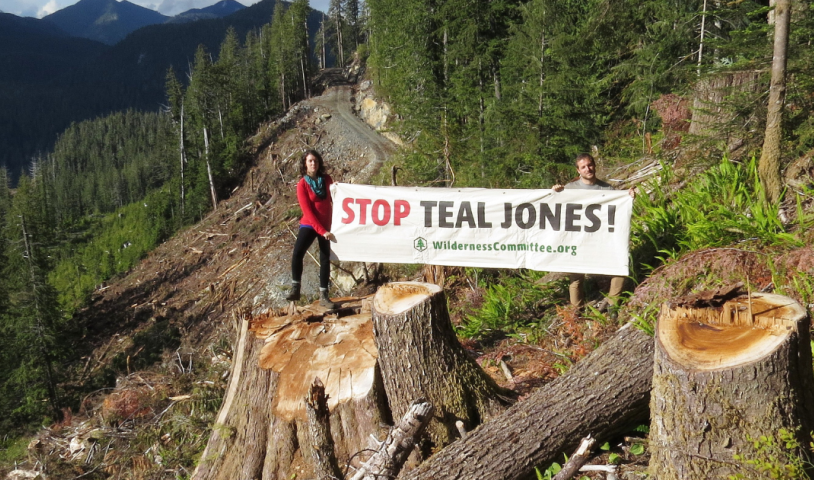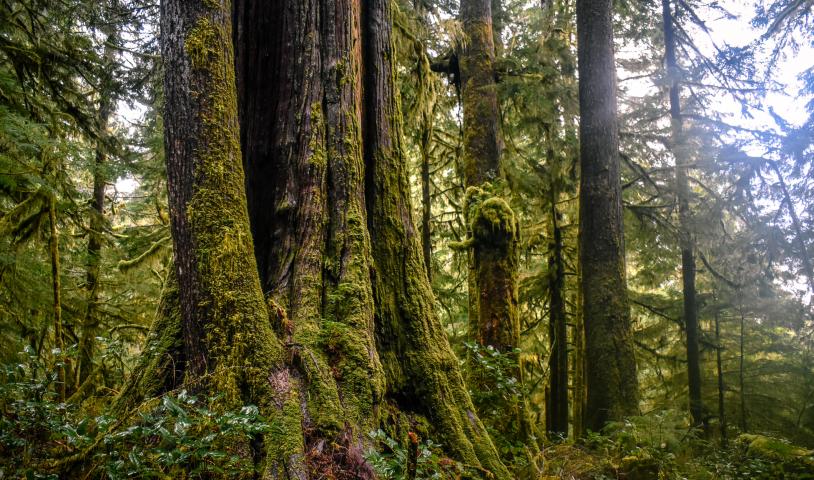Raw logs a coastal problem
Thursday, February 26, 2015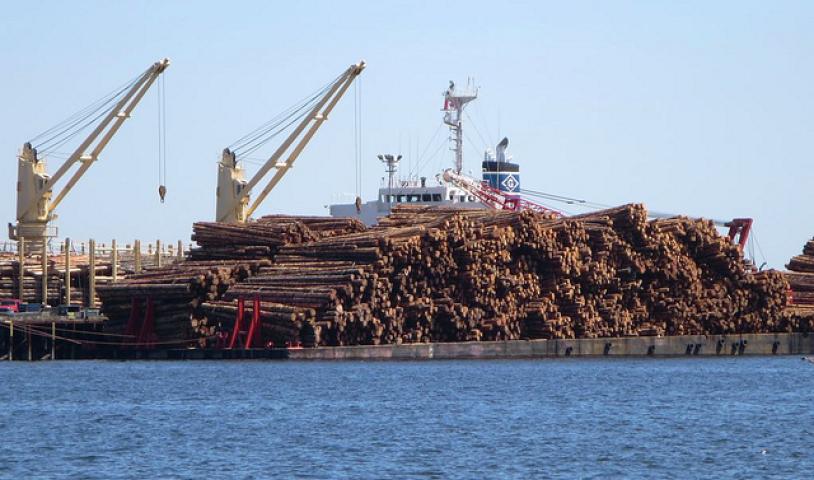
The record-number of raw logs being exported from B.C. are from the Coast, not the Okanagan.
“Almost no raw logs are ever exported from the Interior,” said Ron Gorman of West Kelowna’s Gorman Brothers Lumber.
“It’s just not something we do. But I know it’s done a lot from the Coast and it’s controversial.”
Gorman Brothers mills logs into one-inch boards for furniture, panelling and home finishing.
Tolko Industries, the Okanagan’s biggest forestry company, did not return calls to The Daily Courier.
However, it’s believed Tolko doesn’t export raw logs either because it’s primary businesses are lumber, plywood and wood chips for pulp.
The Wilderness Committee just released B.C. Statistics figures showing 2013 was a recored year for raw-log exports at 6.6 million cubic metres.
A cubic metre is roughly the equivalent of one telephone pole.
That’s more than six times the amount being exported in the mid-1990s when raw-log exports averaged about one million cubic metres annually.
“The spike in raw-log exports in the last five years is shocking,” said Torrance Coste of the Wilderness Committee.
“At a time when forestry-based communities are hurting, our government is allowing more logs to be exported than ever before, effectively killing jobs here in B.C.”
The Wilderness Committee wants raw-log exports banned in B.C. to preserve jobs, the economy and the environment.
Raw logs mostly go by container to China, called the woodshop of the world, where they are used in manufactured goods that are in turn exported around the world.
By not keeping those logs and turning them into lumber or manufactured goods, B.C. is missing out on the value-added jobs and economic impact, say critics.
The volume of raw-log exports exploded in 2008 when the recession saw the U.S. housing market collapse.
With the U.S. not needing our lumber for homebuilding, forestry companies on the Coast went looking for other markets.
China wants raw logs and supplying them at least kept coastal loggers and haulers busy during the recession.
Photo: Raw logs and local sawmill jobs are exported to Asia from the Assembly Wharf at Nanaimo, British Columbia, Canada. David Stanley via Flickr.
